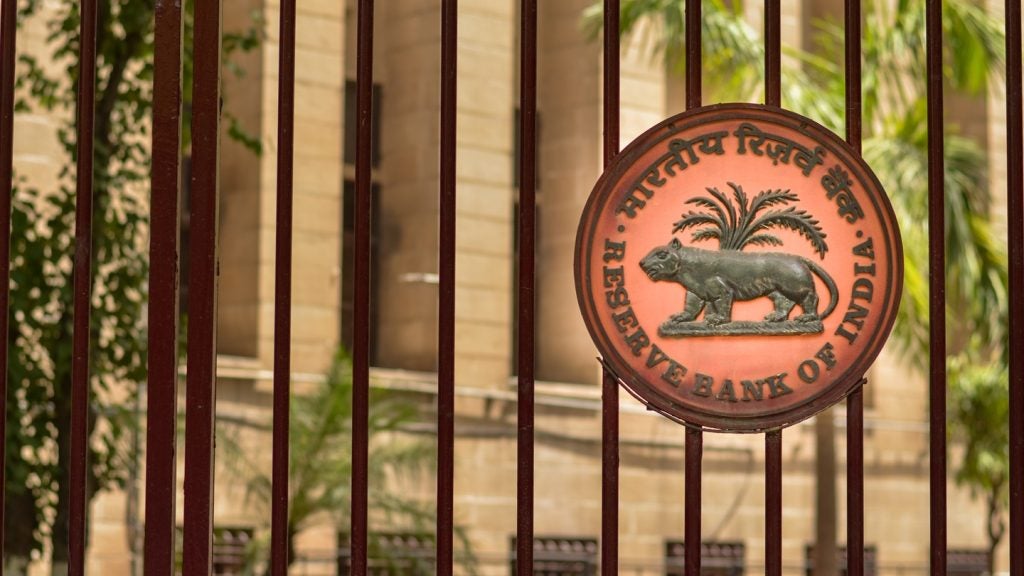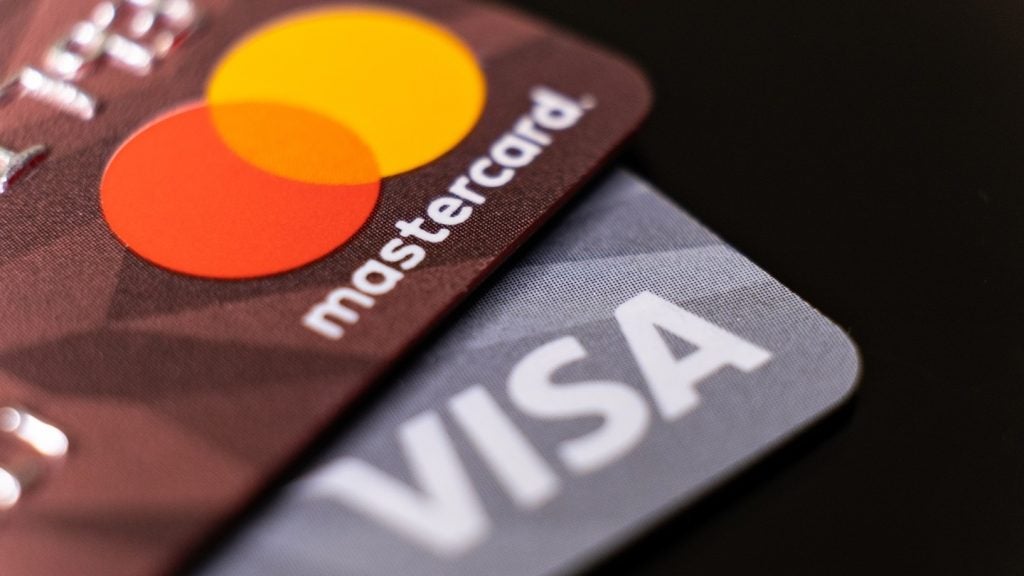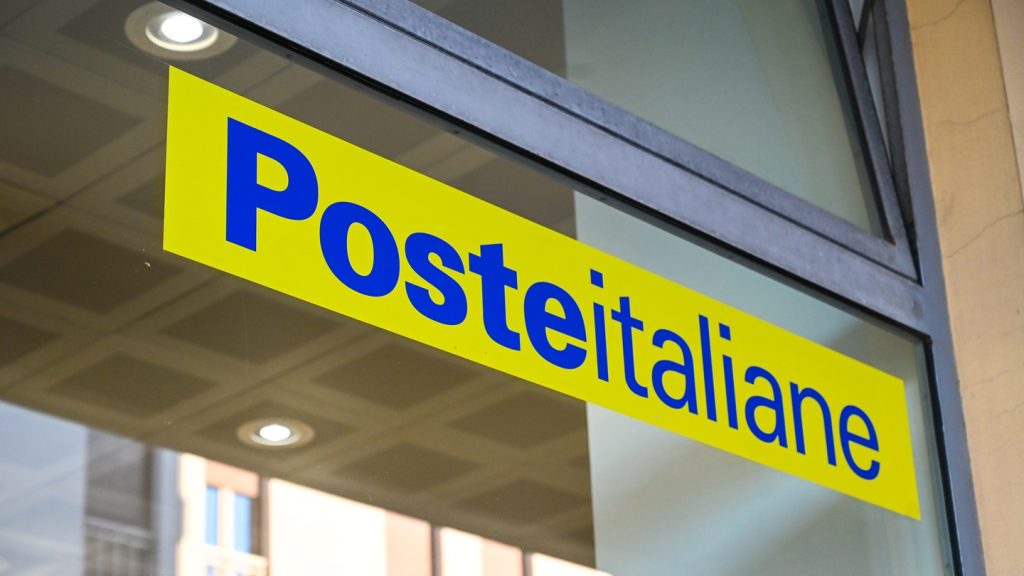
One in every 100 users of a digital platform or service was a member of a fraud network in 2023. That is the conclusion of global verification platform Sumsub following internal research.
Fraud networks, or fraud rings, are groups of individuals–operating globally or within the same location. They jointly participate in fraudulent activities, such as multi-accounting, money laundering, money muling and personal data breaches. And they collaborate to take advantage of digital platforms, such as cryptocurrency exchanges, fintech apps, dating services, or online casinos.

Access deeper industry intelligence
Experience unmatched clarity with a single platform that combines unique data, AI, and human expertise.
In response, Sumsub is launching an upgraded Fraud Prevention solution. This aims to help businesses fight fraud networks and other rising threats, including account takeovers, chargeback fraud and bot attacks.
Bangladesh, Thailand, Vietnam: elevated fraud network activity
Fraud networks are found not only in growing economies like Bangladesh (10.2% of all users), Thailand (6.6%) or Vietnam (3.7%). They are also active in established markets such as Singapore (2.8%), Portugal (1.3%) and Spain (1%).
Other countries with notably higher rates of fraud rings include Oman (7.2%), China (4.6%), Hong Kong (2.9%), Kenya (2.8%), and Indonesia (2.2%).
The US and the UK had a much smaller instance of fraud rings, at just 0.2% each. Other markets, including Germany, France, Italy, the Netherlands and Greece, have relatively lower rates, ranging between 0.1 – 0.3%.

US Tariffs are shifting - will you react or anticipate?
Don’t let policy changes catch you off guard. Stay proactive with real-time data and expert analysis.
By GlobalData“We’ve detected fraud networks ranging from 3 to over 750 users. In one case, a group of several dozen crypto exchange applicants in Estonia raised suspicion by uploading identical Proof of Address documents from an unlicensed foreign bank. This revealed potential attempts to issue multiple crypto cards to the same address.
“This is just one case of how serial fraud operates; other instances include money muling schemes, tech support scams, ransomware, phishing attacks, and account takeovers,” said Pavel Goldman-Kalaydin, Head of AI/ML at Sumsub.
‘Businesses must be prepared, protect platforms in advance’
“Fraud networks, however small they may seem right now, will gain prominence, just like AI-powered deepfakes. The damage caused by fraud rings is much more significant than that of individual scammers. Businesses must be prepared for this and protect their platforms in advance”.
Sumsub’s new solution goes beyond traditional anti-fraud or KYC methods. It says it ensures a fortified defence against a wide array of fraud. These include account theft, romance scams and payment fraud. It also sets action alerts to automatically trigger additional checks, to simplify the decision-making process and reduce false positives.







